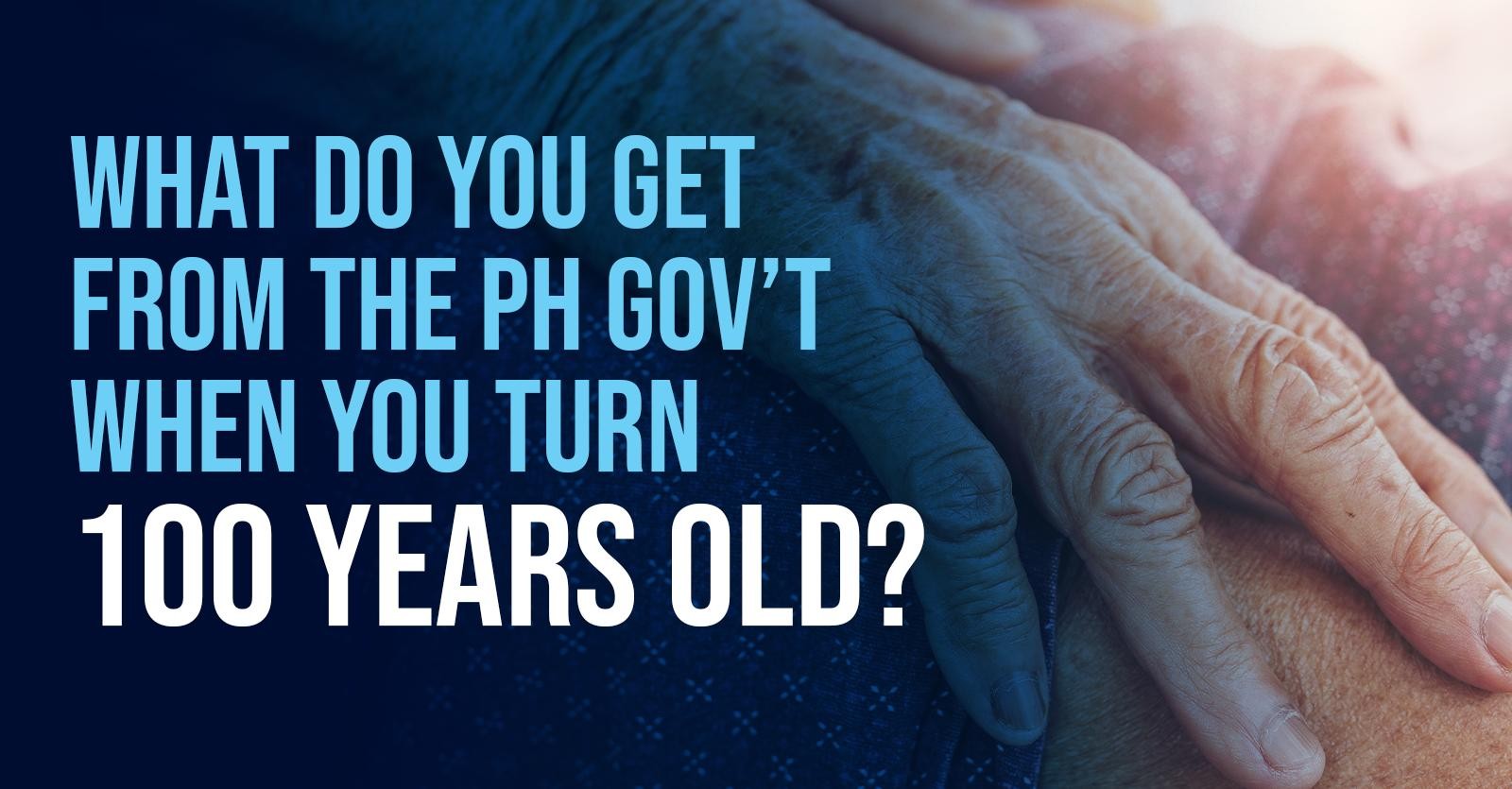
By Brian Jules Campued
February 14 is not only celebrated by romantic couples to honor their love for one another as this year’s Valentine’s Day also marks the 100th birth anniversary of Chief Presidential Legal Counsel and the ever “immortal” Juan Ponce Enrile, triggering countless memes referring to his longevity and has since become part of Philippine pop culture discussions.
Turning the 100th page in our living journals is not something anyone can achieve. In fact, the Philippine Statistics Authority projected the life expectancy at birth among Filipino men and women at 71 and 78 years, respectively. The World Health Organization, on the other hand, said the average life expectancy among Filipinos as of 2019 is 70.4 years while the World Bank reported a much lower number at 69.27 years in 2021.
That’s why the government honors the Filipinos who have reached the centenarian age by gifting them a one-time P100,000 cash incentive and a felicitation letter signed by the President. Republic Act No. 10868 or the Centenarians Act of 2016 also mandates the implementing agencies to present a posthumous plaque of recognition to the nearest surviving kin of a deceased centenarian.
Additionally, in observance of the annual Elderly Filipino Week every Oct. 1-7 and the National Respect for Centenarians Day on the first Sunday of said month, citizens who turned 100 during the current fiscal year will be awarded a plaque of recognition and another cash gift by their local government units.
According to the Department of Social Welfare and Development (DSWD), a total of 2,444 centenarians or 99.15% of the annual target of 2,465 individuals, have received their incentives in 2023.
This year, more than P186 million was allotted for the implementation of the centenarian program, Assistant Secretary for Strategic Communications Romel Lopez added.
How to be a verified centenarian?
The law requires centenarians to submit their primary proof of birth such as birth certificate or Philippine passport to the local City or Municipal Social Welfare Office or the Office for Senior Citizen Affairs.
If the two documents are not available, the centenarians may present their senior citizen’s identification (ID) card or any other Philippine government-issued ID that shows their citizenship and date of birth.
Other documents such as marriage certificate, old school documents, baptismal or confirmation records, birth certificate of children, or an affidavit made by at least two persons of at least 80 years old with personal knowledge of the centenarian’s actual age and/or birthdate may also be presented in case the primary IDs are still not available.
Meanwhile, Filipinos living abroad may provide valid IDs – duly recognized by the country where they currently reside and verified by the Philippine embassy – to the Commission on Filipino Overseas and the Department of Foreign Affairs.
Once verified, the cash incentive and award will be conferred to the beneficiary on their 100th birthday or on the celebration of National Respect for Centenarians Day. – avds
